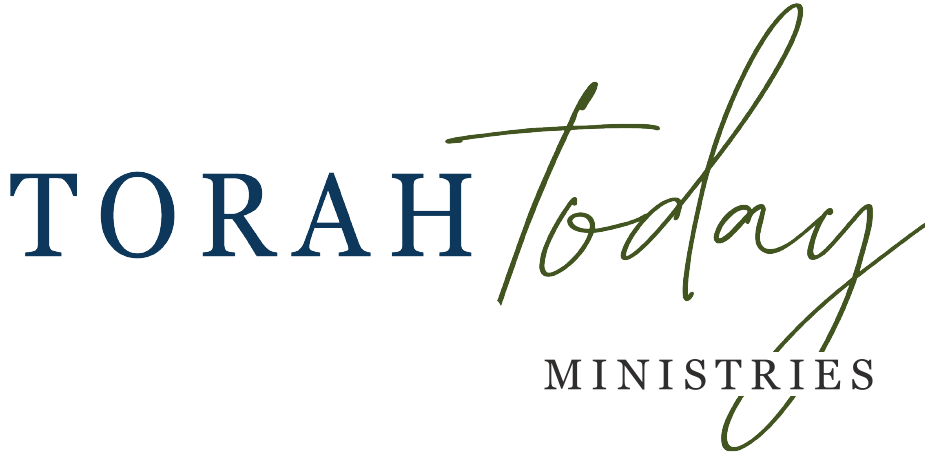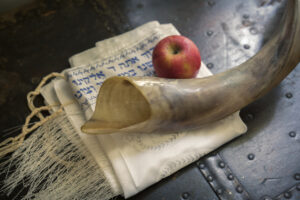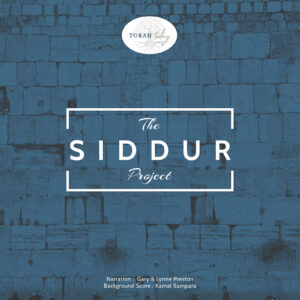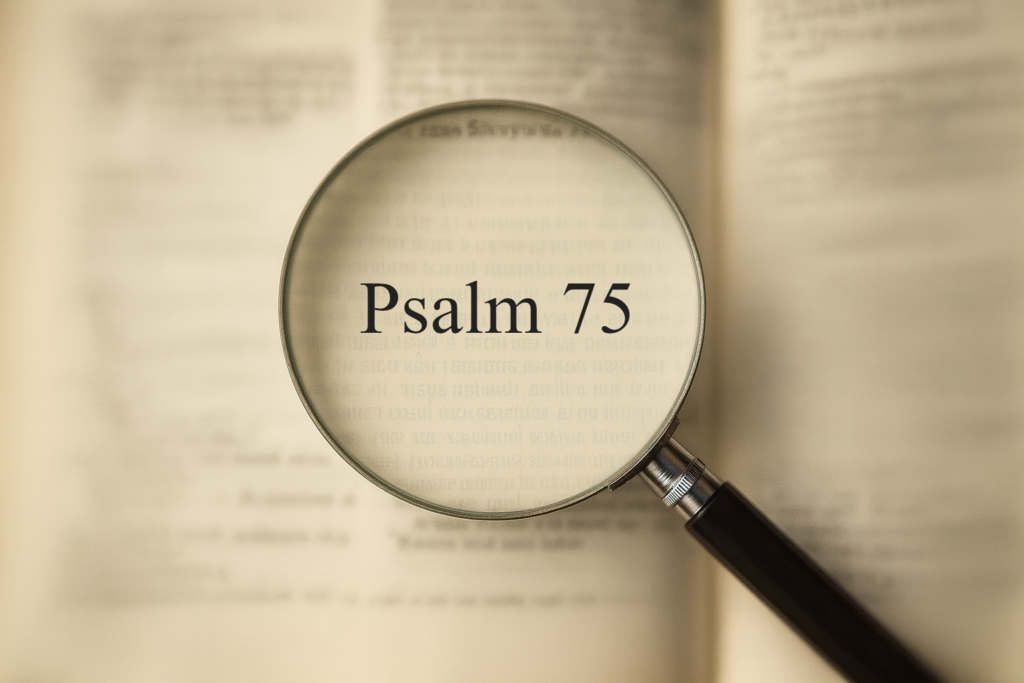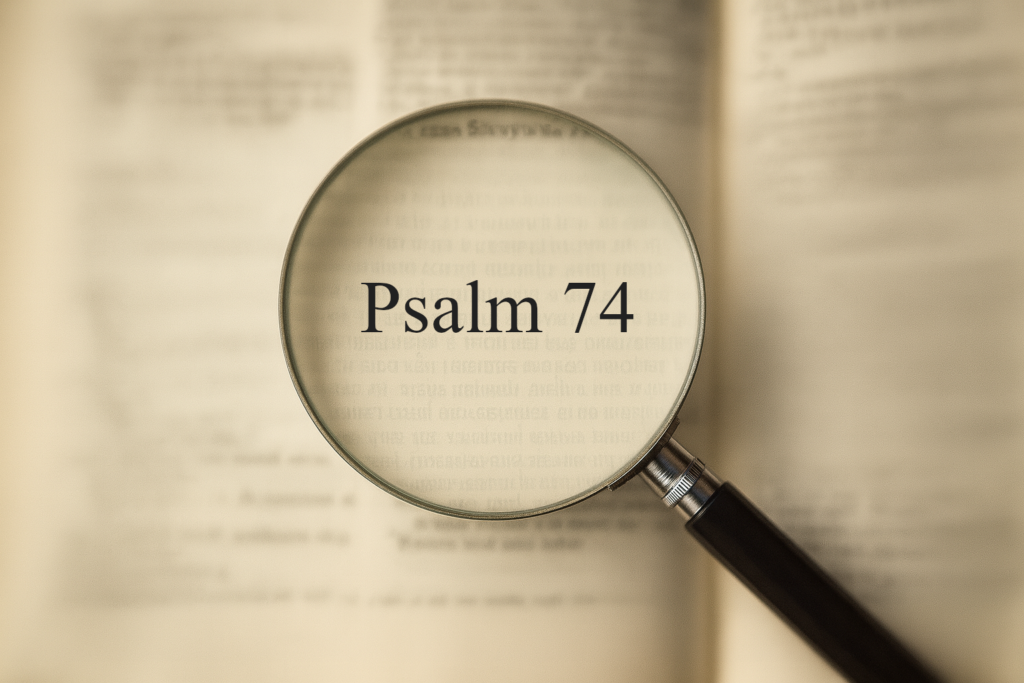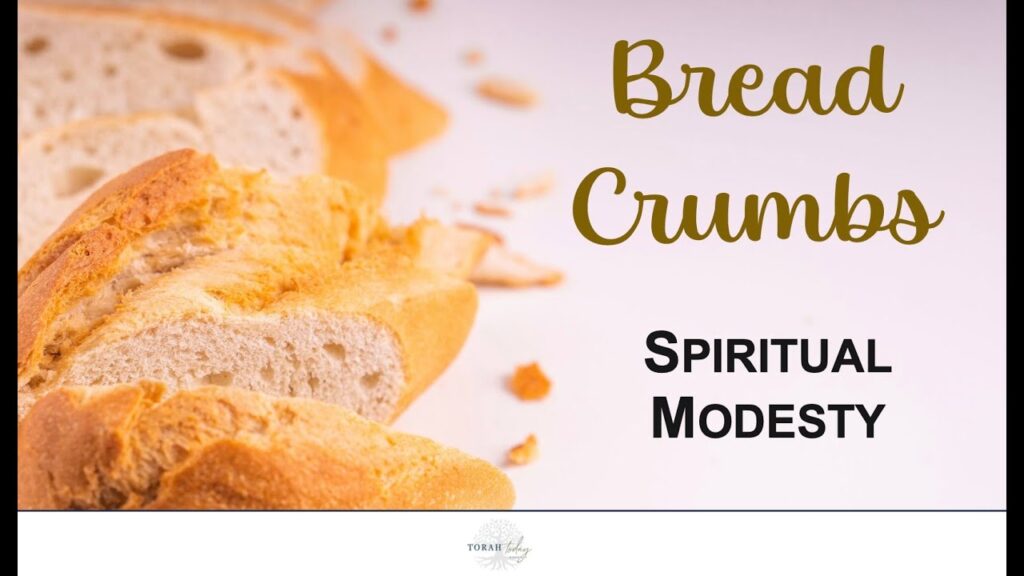In 2017, at five months pregnant with her fifth child, Kimberly House became a widow when her husband of eight years suddenly chose to end his life. Three years later, after Kim had remarried, her world was shattered again when her nine-year-old daughter told her she had been sexually assaulted by her stepfather.
Widowed at 30 and divorced at 33, Kimberly House is now a single mother to six beautiful children whom she homeschools. She loves spending her days with her most favorite people in the world and thanks God for every day she has with them. Her mornings are sacred hours of quiet, reserved to connect with her King and sometimes she just can’t help but write from the overflow of her heart.
Raised in a home that valued God and His Word above all else, she has always had a desire to know God and to make Him known to others. Since embracing a Torah lifestyle in her early twenties, she longs for other believers to discover what a treasure it is to take God at His Word.
As a single mother and sole leader of my family, I have several times reevaluated my conviction to seek to live a Torah lifestyle. Just recently I made a “pros and cons” list, and I still couldn’t think of a single “con” about following Torah. I even asked my children if they wanted to stop observing the feasts or stop keeping Shabbat. They said “No way! We love Shabbat and we love the feasts.”
When I met my first husband, he didn’t eat pork for health reasons, so I stopped eating pork, as well. When a friend introduced a Torah lifestyle to us, it wasn’t a big issue. We just found it amazing that the Creator wrote out this instruction for us so we would know what the Bible does and doesn’t consider food. That increased my faith in God’s Word that it truly was given to us as an instruction manual for life.
I knew about Passover from attending Seders growing up. My parents had also hosted a few Seders in our home, so when I heard that there are six other biblical holy days that believers are still celebrating, that was exciting to me! I remember as a kid being so hungry through the Seder, but I was enraptured with the spiritual connections being made. I remember being taught how the matzah is pierced like Yeshua, our Bread of life, was pierced for our transgressions. And the matzah is striped with the brown spots all up and down like Yeshua, as “by His stripes, we are healed.” Passover brought the Bible to life so there was no question about whether I wanted to keep the feasts or not. I wanted and needed this deeper connection with God.
However, Shabbat is really what sold me on Torah. I wrestled for a year with conviction about Torah. When I heard a teaching on the seventh day being the only day God declared as set apart, like a divine appointment that the Creator has scheduled to meet with us, that was when I went all in. And Shabbat has been the anchor for my faith as well as an anchor in our family that has strengthened our bonds. No matter how busy we get, we all know Shabbat is coming soon and we will have time for one another. As we grew accustomed to keeping Shabbat, I noticed … this feels like Christmas. I found that strange because it wasn’t always winter, and we weren’t buying presents. I realized what I had held so dear about Christmas was that it was this special time when our family was off school, off work, and we feasted and spent time together. The focus in my family at Christmastime was always about God and family, resting and really good food. I realized that with Shabbat, it’s like having the best parts of Christmas at the end of every week!
Having grown up Christian, I sought to live my life according to the Ten Commandments, so I was already accustomed to a good chunk of The Book. The last fifteen years have been about cycling through the appointed times and learning how to love both God and my neighbor better because that is the heart of Torah. Yeshua said the whole Torah is about loving God and loving our neighbor. People were trying to keep Torah without love when Yeshua came, so we see Him calling people back to the heart of what the Torah is all about.
But Yeshua didn’t just preach Torah, He also lived it perfectly. He is the Living Torah. How can we say Torah is bad or irrelevant in our lives when it’s what the Master made His whole mission on earth? And how amazing that He accomplished this mission even under extreme temptation and resistance. If He had failed in even one aspect of keeping Torah, our hope for salvation would go out the window. But because He succeeded, all of us who die with Him and are raised with Him are counted as having succeeded as well. So amazing!!
When Moses and Joshua were alive, God was happy with the people’s keeping of Torah. Under King David and Solomon for a while, Israel was keeping Torah and there were many people who pleased God with their obedience to the Scriptures. John the Immerser’s parents, Zechariah and Elisabeth, come to mind as examples of people who were called righteous. Not perfect; only Yeshua did everything perfectly. What I see through these people, though, is that Torah is not the problem. The problem is when people twist and distort the Torah for their own personal gain. We see it happen in Scripture and we see it still today. So Torah leaves this bad taste in people’s mouths and then they think that the Torah is the problem.
But when you read the Torah, it’s all about instructions for life and getting along with one another. The tabernacle was a means to commune with God, and now we’re called temples in whom God has deposited His Spirit so we all have equal access to Him.
What Torah has done for me is to provide a map so I can be oriented to the ways of God. It’s this divine invitation to dance with the King of Kings, with the Lover of my soul. But we don’t always get the steps right. As we cycle through the feasts year after year, we humbly seek His face day after day; we dance with Him and let Him lead as we dwell on His Word. His Word is then written on our hearts, showing us the way to walk in all areas of life. He is a good Father. He has not left us without tools. He has given us His Word and His Spirit so we can worship Him in spirit and in truth.
Our Master Yeshua, the Word made flesh, has called us to deny ourselves, carry our cross, and follow Him. So if Torah is what He did, then Torah is what He has called us to do. And when we follow in His ways, living by the Word in spirit and in truth, He makes Himself manifest with us and in us.
The feasts are like necessary built-in revivals because we’re such a busy and forgetful people. I know I need the feasts to help keep me on track spiritually – to uplift my spirit, to have time set apart for God and my family. They are also fun and we always learn a ton.
You know, everyone has their own love language – one or two main ways that make them really feel loved most strongly. Well, since we are made in God’s image it begs the question, what is God’s love language? The Scriptures provide the answer:
For this is the love of God, that we keep His commandments. And His commandments are not burdensome. (1 John 5:3)
Whoever keeps His commandments abides in God, and God in him. And by this we know that He abides in us, by the Spirit whom He has given us. (1 John 3:24)
So if you have a negative view of Torah, I challenge you to reevaluate and make sure you are not letting your own bias distort the Creator’s instructions. Ask yourself where your bias came from. Is there a problem with the way Yeshua kept Torah? What commandment do you find in the first five books of the Bible that is so difficult to keep? Remember, His commandments are not burdensome. (1 John 5:3)
If Yeshua was the only example of Torah you had, would you then embrace it?
